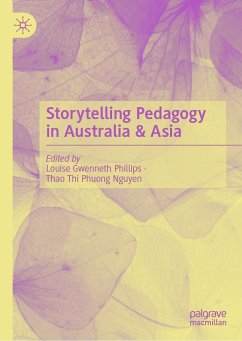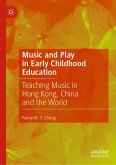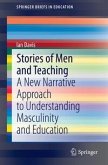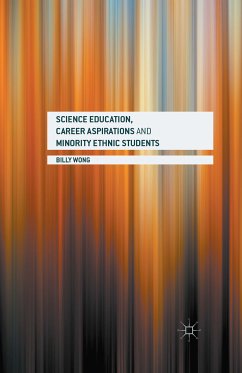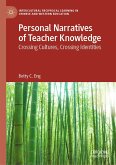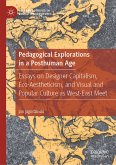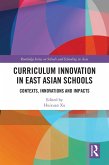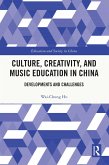Designed for early childhood and primary teachers, teacher educators and student teachers across Australia and Asia, Storytelling Pedagogy in Australia & Asia provides inspiration to teach through storytelling to promote intercultural understanding, imagination, active citizenship and language and literacy learning. Each chapter includes told stories, and teaching and learning ideas to guide and encourage those who are new to the art of storytelling pedagogy and those wishing to expand their understanding of storytelling in Australia and Asia.
Louise Gwenneth Phillips is an Associate Professor in Education at Southern Cross University, Gold Coast, Australia. She is a professional storyteller and early childhood teacher with more than 30 years of experience working with children across various settings, more recently as a researcher and tertiary educator. She has researched and published widely on storytelling, most notably Research Through, With and As Storying (2018) with Wakka Wakka and Ngugi woman Professor Tracey Bunda.
Thao Thi Phuong Nguyen is a lecturer and teacher-trainer at the Department of Foreign Language Teacher Education, The University of Foreign Language Studies, Da Nang, Vietnam. She teaches English to pre-service and in-service teachers in methodology and curriculum in TESOL. Her doctoral research at the University of Queensland focused on storytelling as pedagogy for EFL young learners. Currently she is working as a teaching assistant at the University of Queensland and her professional development focuses more on children's education support. She is the co-author of English 1 for Grade 1 (Vietnamese Education Publishing House, 2012).
Dieser Download kann aus rechtlichen Gründen nur mit Rechnungsadresse in A, B, BG, CY, CZ, D, DK, EW, E, FIN, F, GR, HR, H, IRL, I, LT, L, LR, M, NL, PL, P, R, S, SLO, SK ausgeliefert werden.

